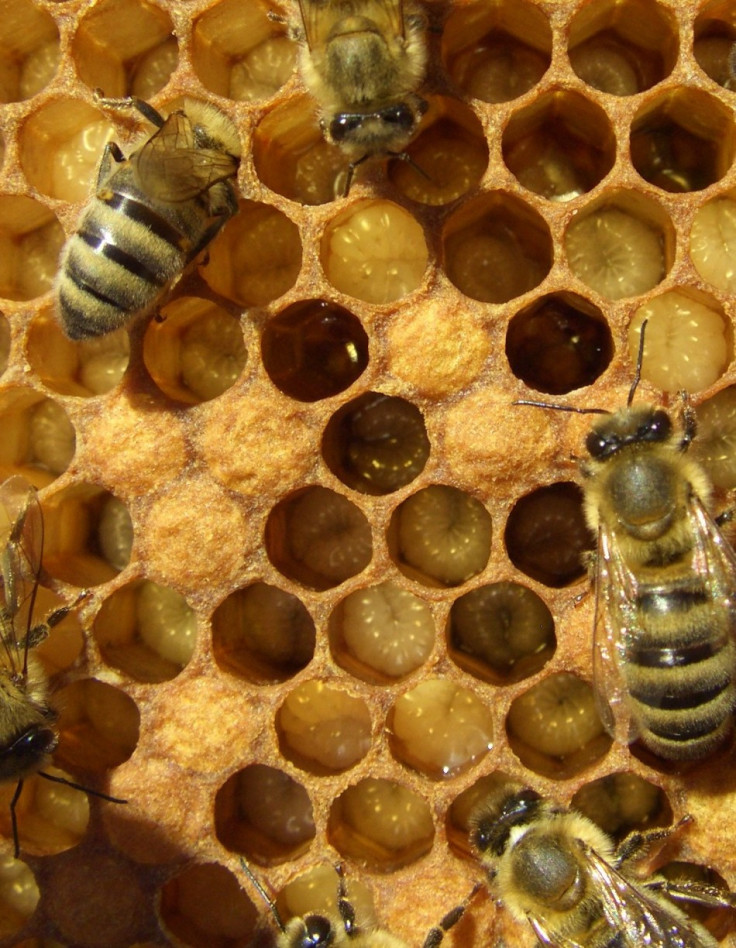Scientists Find Way to Reverse Brain Ageing

Older honey bees could turn back time and reverse brain ageing by just taking up responsibility. Scientists from Arizona State University claim that the new discovery will help them develop new drug treatments for dementia patients.
An international team of scientists has discovered that older honey bees reverse brain ageing when they take up responsibilities that are usually handled by much younger bees. They found that tricking the older bees into doing tasks changed the molecular structure of their brain that in turn reverses ageing.
"We knew from previous research that when bees stay in the nest and take care of larvae - the bee babies - they remain mentally competent for as long as we observe them," said Gro Amdam, researcher at the Arizona State University.
"However, after a period of nursing, bees fly out gathering food and begin ageing very quickly. After just two weeks, foraging bees have worn wings, hairless bodies, and more importantly, lose brain function - basically measured as the ability to learn new things. We wanted to find out if there was plasticity in this aging pattern so we asked the question, 'What would happen if we asked the foraging bees to take care of larval babies again?'" she added.
To find whether older bees can reverse brain ageing, scientists conducted a small experiment on the bees.
During the experiment, scientists removed all the younger nurse bees from the nest leaving only the queen and babies. When the older bees returned to the nest, they found that all the younger bees had left the nest unattended. Then after some days all the older bees had taken up responsibility; some of the old bees returned to searching for food while others cared for the nest and larvae.
Scientists discovered that after ten days, about 50 percent of the older had significantly improved their ability to learn new things.
The team not only saw a recovery in the bees' ability to learn, but they also discovered a change in proteins in the bees' brains. They found that there was drastic increase in two proteins, Prx6 and chaperone.
Prx6 is a protein that is also found in humans that can help protect against dementia including diseases such as Alzheimer. Chaperone, is a protein that protects other proteins from being damaged when the brain or other tissues are exposed to cell-level stress.
Now, researchers are planning to conduct further studies on mammals such as rats in order investigate to see the same molecular changes that the bees experience. They claim that further studies will help them create drugs that could help people maintain brain function.
"Maybe social interventions - changing how you deal with your surroundings - are something we can do today to help our brains stay younger," said Amdam.
"Since the proteins being researched in people are the same proteins bees have, these proteins may be able to spontaneously respond to specific social experiences," she concluded.
© Copyright IBTimes 2025. All rights reserved.




















